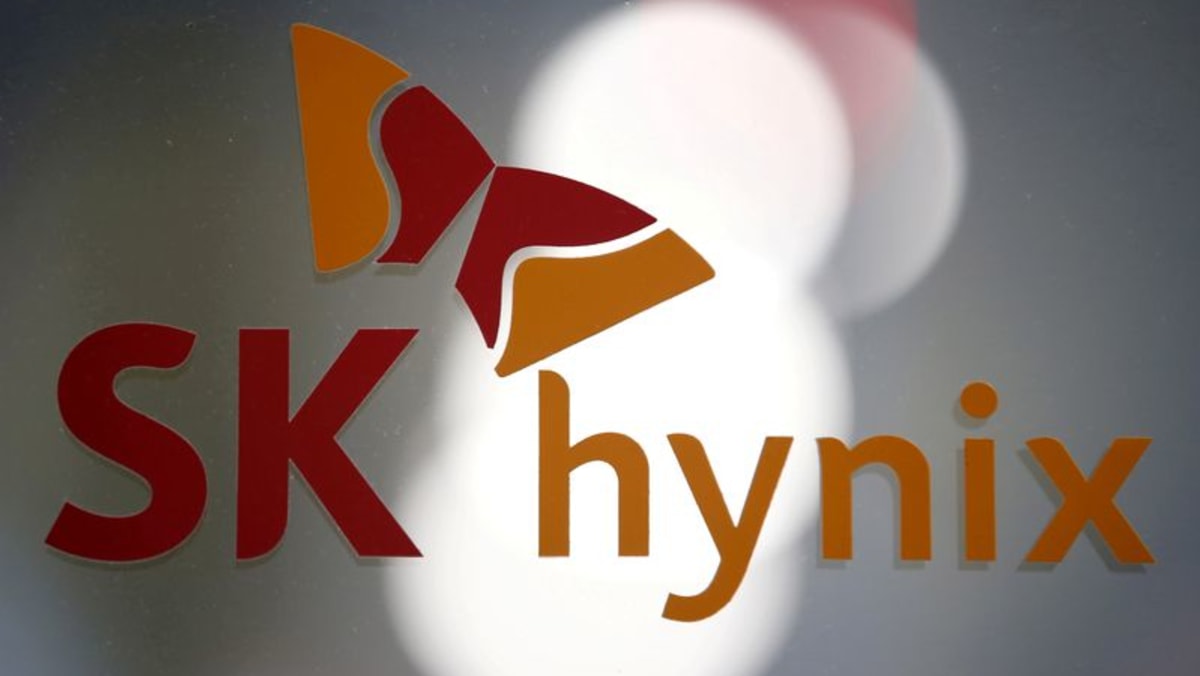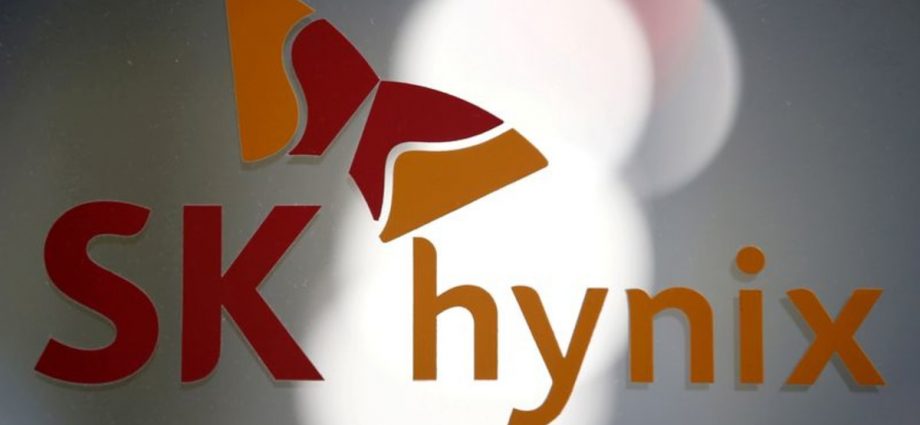
SEOUL: South Korea’s SK Hynix Inc warned on Wednesday (Oct 26) of an “unprecedented deterioration” in memory chip demand, deepening fears of global recession, and said it would slash investment after quarterly profit tumbled 60 per cent.
The world’s second-largest memory chipmaker, whose clients include Apple, said its investment in 2023 will be cut by more than 50 per cent – an echo of cuts the memory chip industry endured in the 2008-09 financial crisis that provides a stark portrait of the depth of a worldwide slowdown in tech demand.
Chipmakers had enjoyed a strong post-pandemic demand surge until early this year. But demand has turned sharply weaker in recent months as soaring inflation, rising interest rates and gloomy economic outlook have led consumers and businesses to tighten spending.
“We are hoping that the market will stabilise to some extent by second half of next year, but we are not ruling out the possibility of a longer downturn,” Kevin Noh, Chief Marketing Officer at SK Hynix, told analysts.
Investors looked beyond the bleak outlook to welcome the aggressive investment cut, sending SK Hynix shares 1.7 per cent higher in a bet the scale of the action would help control chip oversupply and prop up chip prices.
SK Hynix’s dire projections add to a flurry of warnings from US tech giants this week of faltering growth prospects. Microsoft on Tuesday projected quarterly revenue below Wall Street targets across its business units, including its cloud business and PC unit.
SK Hynix said its operating profit fell to 1.66 trillion won (US$1.16 billion) in the July to September quarter, from 4.2 trillion won a year earlier. The result was below analysts’ expectations of a 1.87 trillion won profit, according to Refinitiv SmartEstimate.
“Supply will continue to exceed demand for the time being,” SK Hynix said in a statement, pointing to a fall in notebook and smartphone shipments.
Memory chip prices plunged by 20 per cent as demand fell across all applications in the third quarter, SK Hynix said, citing dropping PC and smartphone shipments while data centres prioritised using up existing chip inventory.

